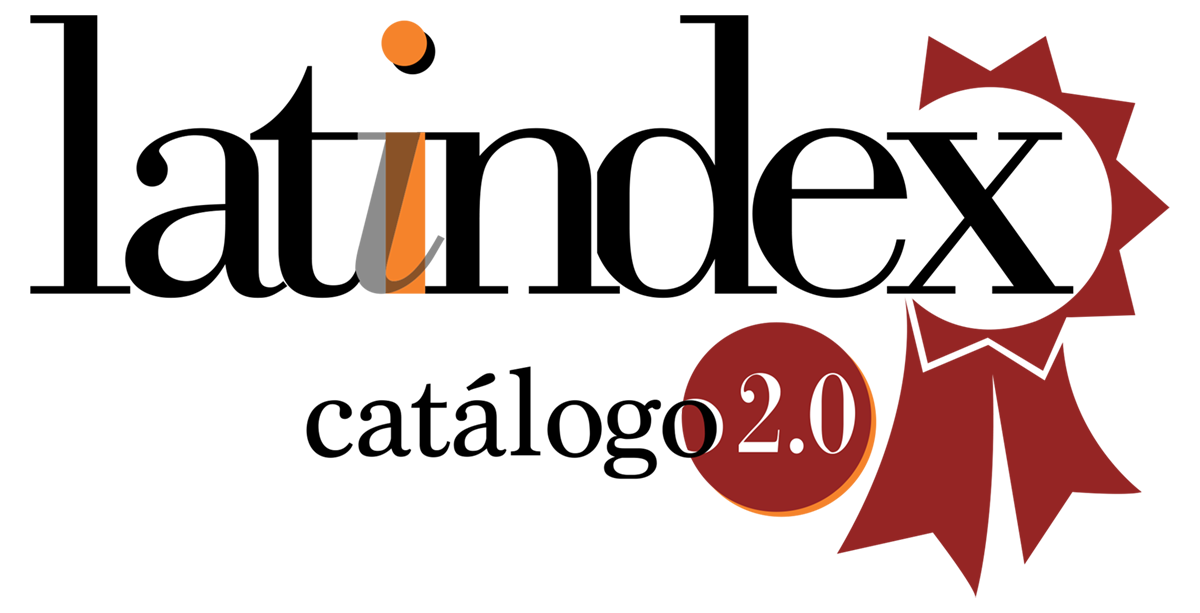Foundation for a typological interpretation of the rural housing introduced in Southwestern Patagonia based on the phenomenon of its adaptations to climate
Keywords:
Rural architecture, typologies, adaptations, housing, heritageAbstract
It is posited that during certain stages of rural development in southwestern Patagonia there occurred a process of mixing and adaptation of different cultural and building traditions. This resulted in an architecture that was introduced, but adapted to the territory, which materializes itself particularly through the relationships between the enclosures that make up housing and those that define its connection with the climatic context. Among these, the importance of perimeter elements stands out given their potential for adaptation to local weather. Also, certain spatial organizations that helped in the creation of an architectural identity in the context of the study are recognized. Emphasis is placed on the adaptive processes that were developed to relate to the climatic dimension of the environment due to the rural location of the housing analyzed. Finally, it is maintained that this interpretation makes it possible to complement appreciation of architectural heritage, depending on usage patterns related to the thermal condition of housing, rather than only by aesthetic or figurative cataloging.
Downloads
Downloads
Published
How to Cite
Issue
Section
License
The content of the articles published in each issue of Arquitecturas del Sur is the sole responsibility of the authors and does not necessarily represent the opinion of University of the Bío-Bío.
The authors will maintain their copyright; however, they will guarantee the journal the right to first publication and dissemination of their work. The publication of the article in Arquitecturas del Sur will be subject to the Creative Commons International license (CC BY-SA) that allows others to adapt: remix, transform and build on the material for any purpose, even commercially; share: copy and redistribute the material in any medium or format, as long as the authorship and first publication in this journal are acknowledged by citing them correctly, and their new contributions are under a license with the same terms.














 Programa de Información Científica/Concurso Fondos de Publicación de Revistas Científicas 2018/ Proyecto Mejoramiento de Visibilidad de Revistas UBB (Código:FP180007)
Programa de Información Científica/Concurso Fondos de Publicación de Revistas Científicas 2018/ Proyecto Mejoramiento de Visibilidad de Revistas UBB (Código:FP180007) 
